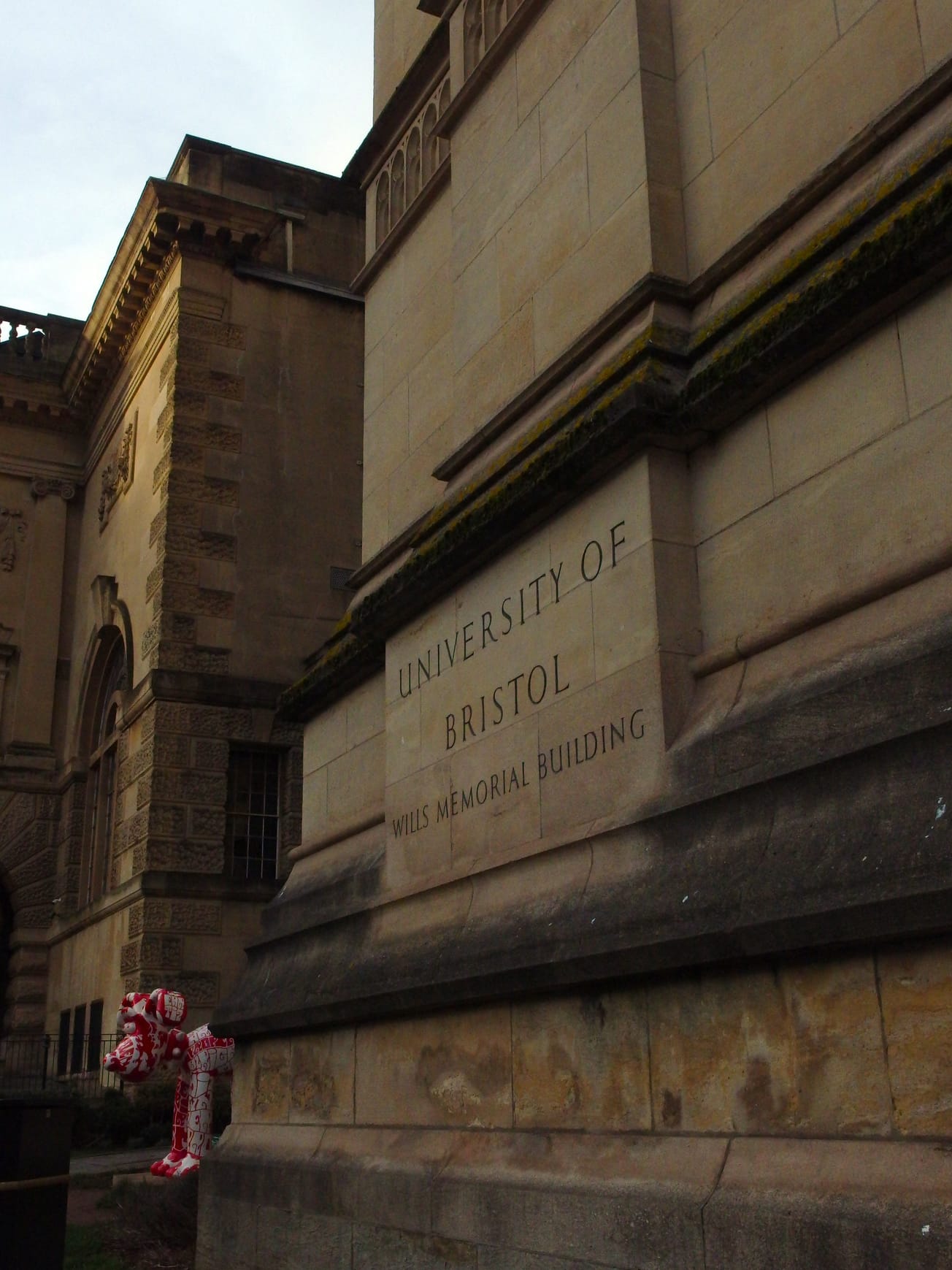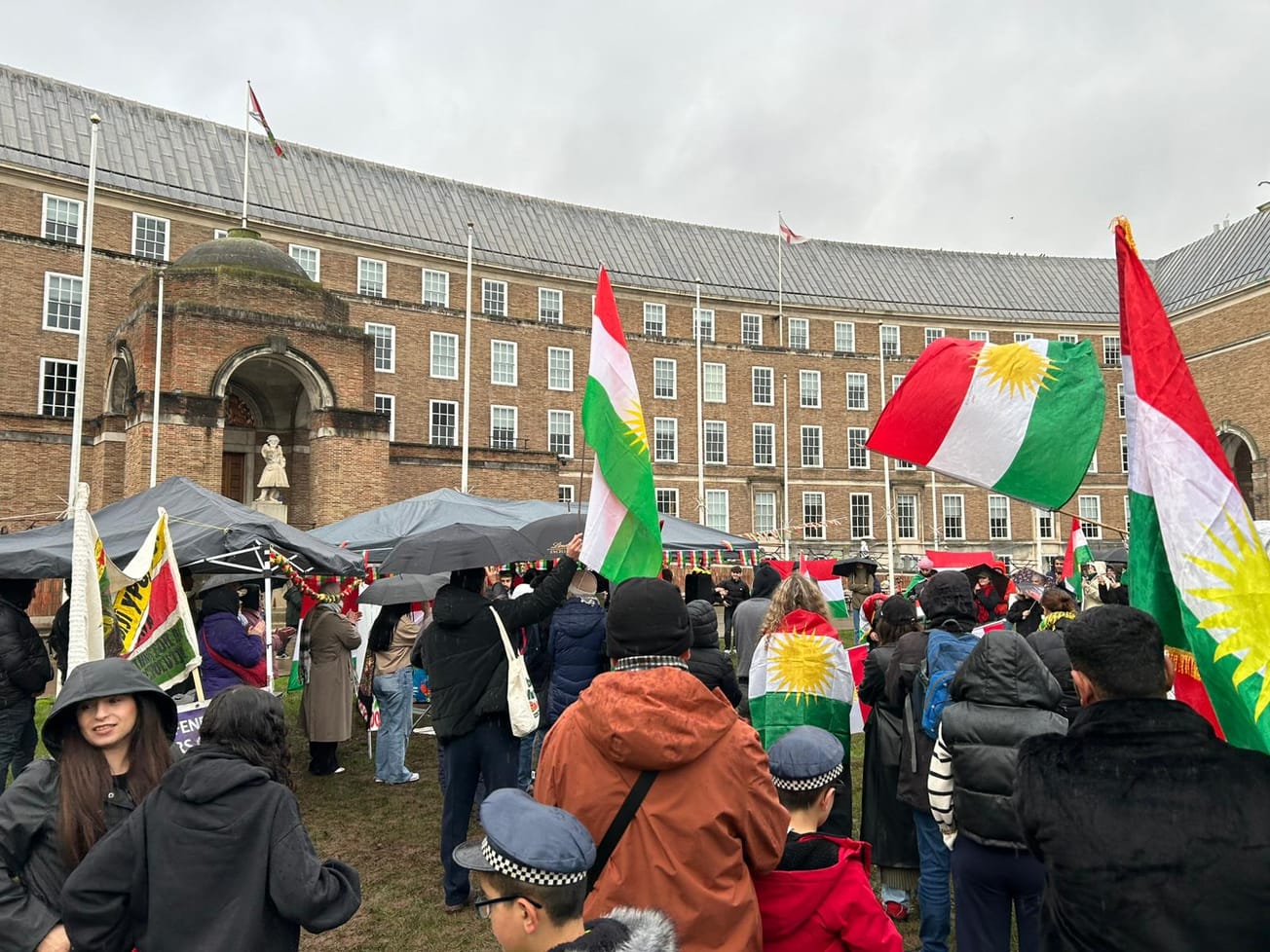By Milan Perera, Deputy Editor
St. Paul's Carnival returns after a three-year hiatus with vibrant celebrations to mark the 60-year anniversary of the monumental Bristol Bus Boycott and the 75th anniversary of the Windrush.
After a three-year break due to the pandemic, the streets of St. Paul’s in Bristol were alive again on Saturday, July 1 with vibrant colours, rhythmic beats and a strong sense of community spirit.
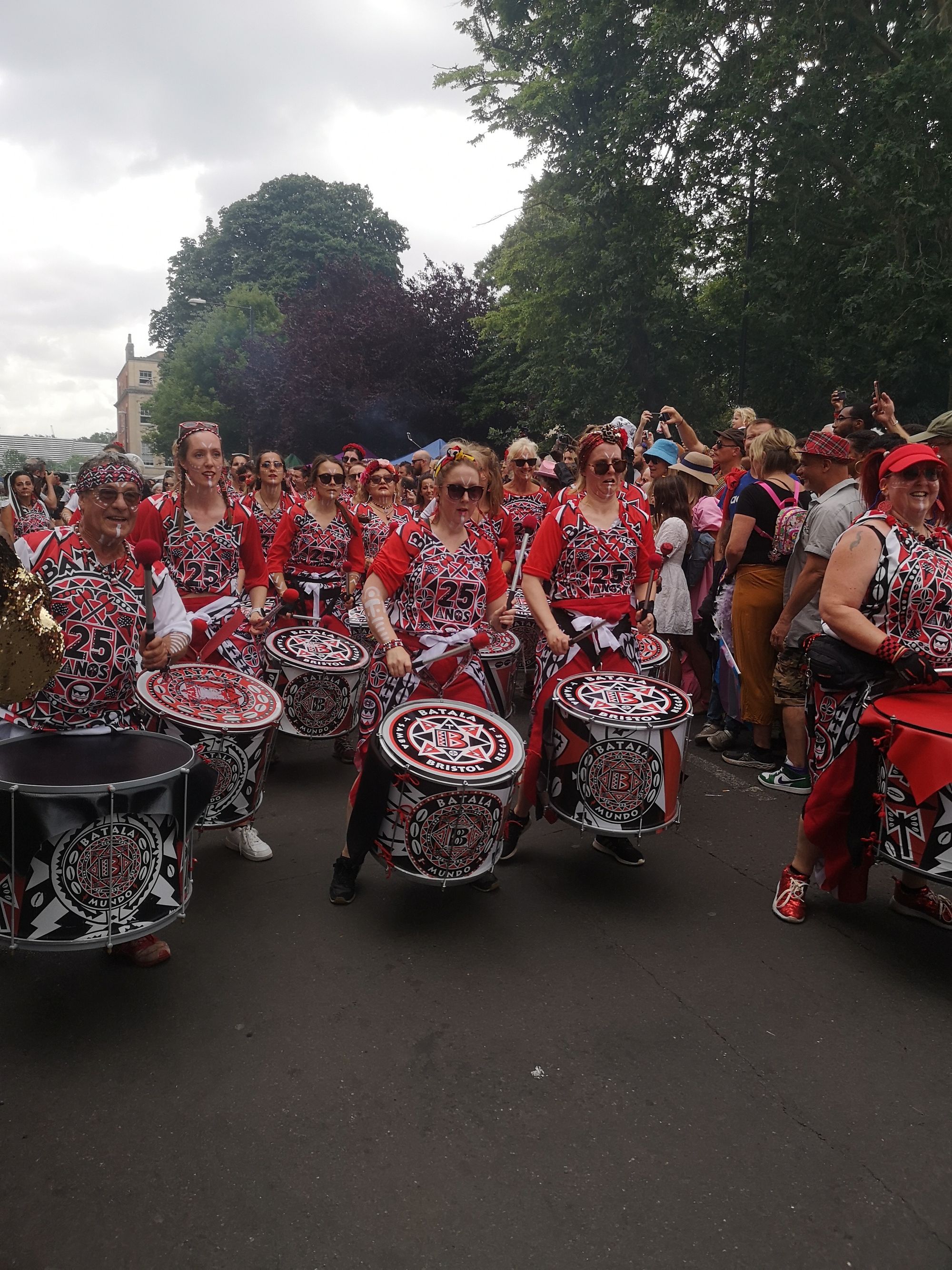
With this year's theme, ‘Learn from Legends’, the carnival took on a journey through history, celebrating the 60th anniversary of the Bristol Bus Boycott and the 75th anniversary of Windrush, while also showcasing the rich cultural heritage synonymous with the annual carnival.
The proceedings commenced with a spectacular parade from Portland Square around 12.30pm and slowly weaved its way through the streets of St. Paul’s towards St. Paul’s Learning Centre. This was led by the Bristol Bus Boycott tribute bus. The procession reached the destination around 3.00pm which was followed by a tribute and musical performance at the Roy Hackett Memorial Stage near St.Paul’s Learning Centre.
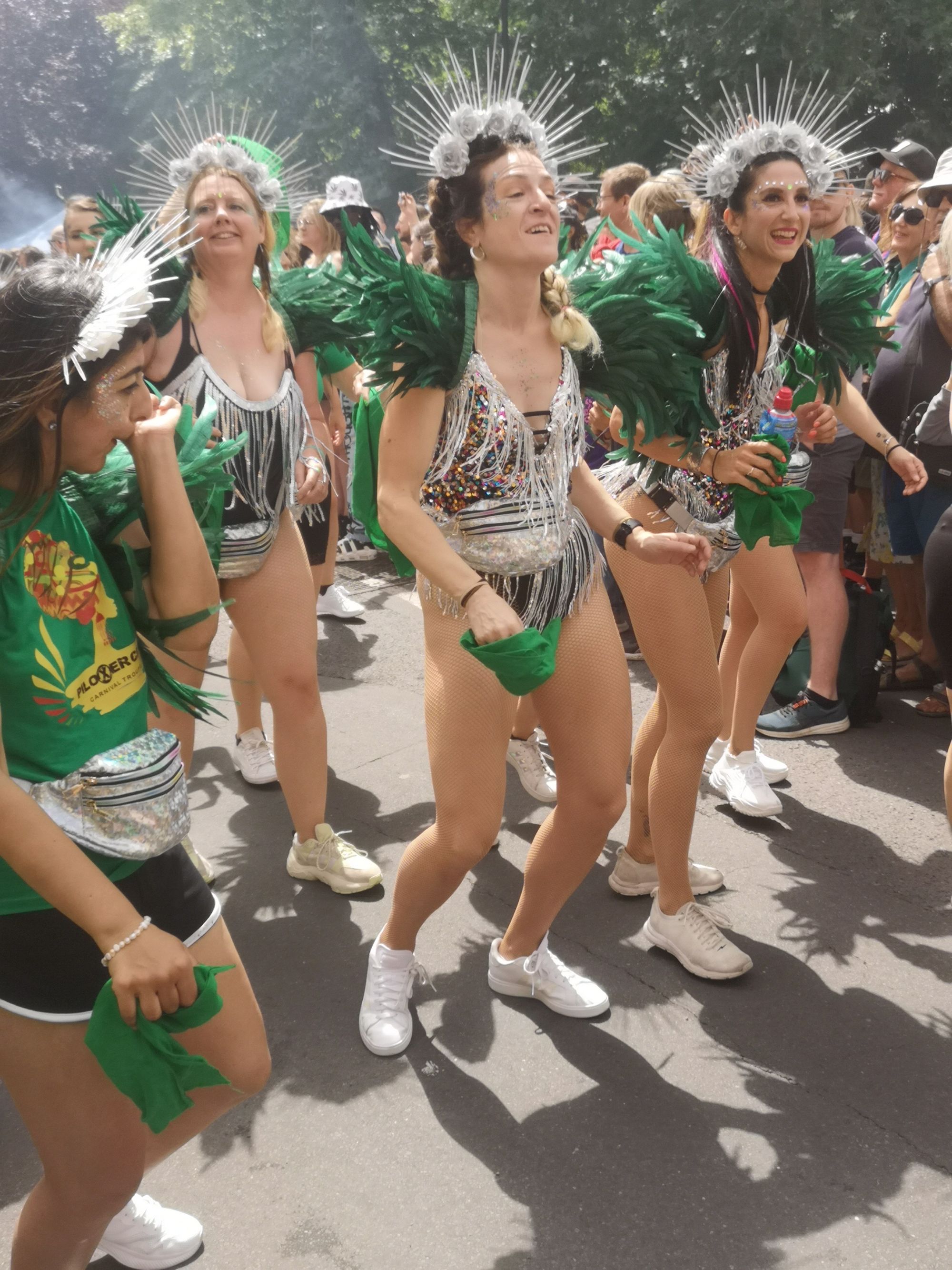
As the procession moved forward, the large crowds were treated to vibrant costumes, dazzling dance routines, and beautifully decorated floats representing the legacy of St.Paul’s Carnival. The parade featured local schools, churches, dance troupes, African drumming ensembles, steel bands and local organisations.
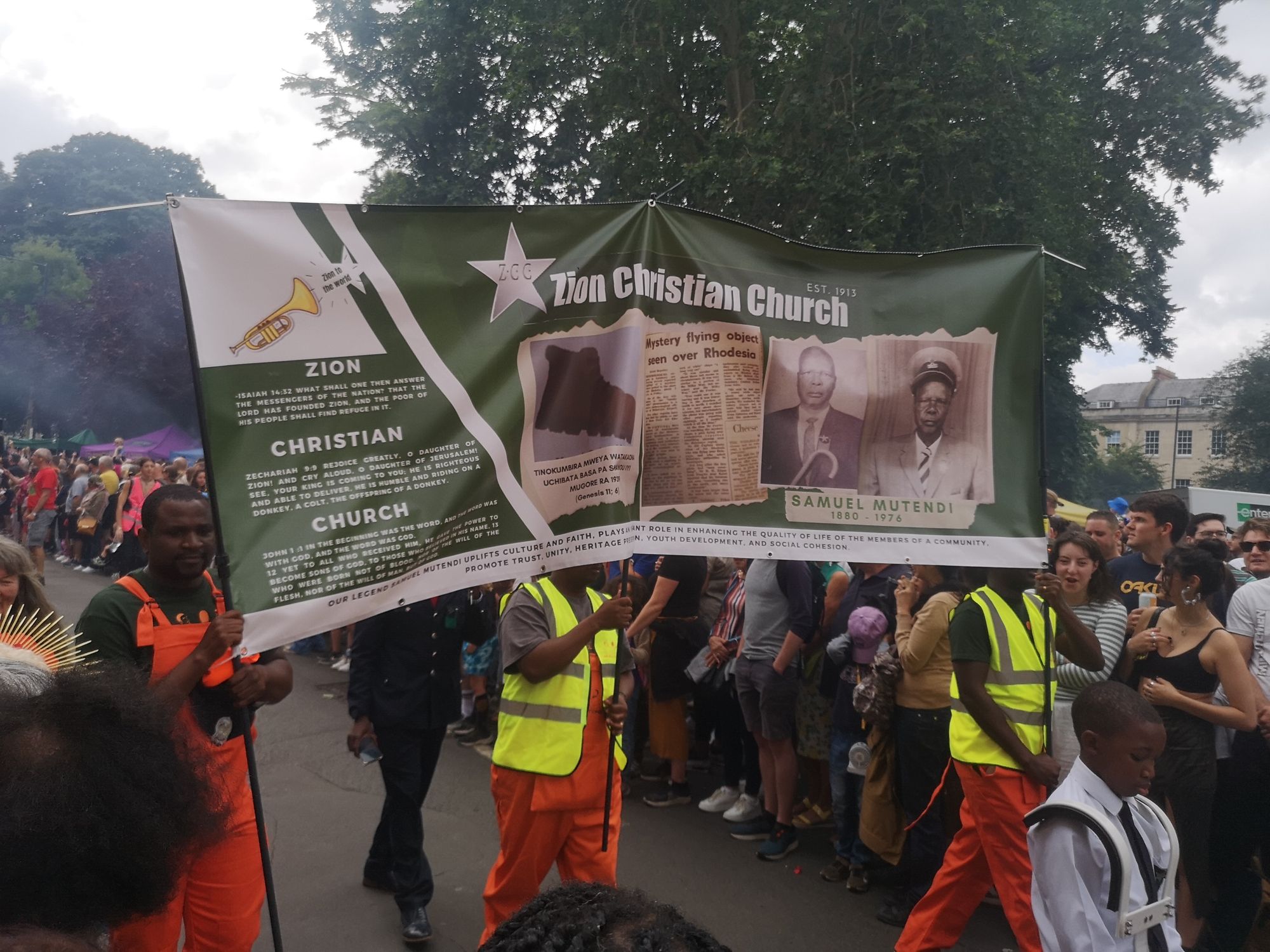
Amid the festivities, community leaders, and the carnival organisers took the opportunity to highlight the importance of learning from history and acknowledging the past, in order to build a more inclusive and tolerant future.
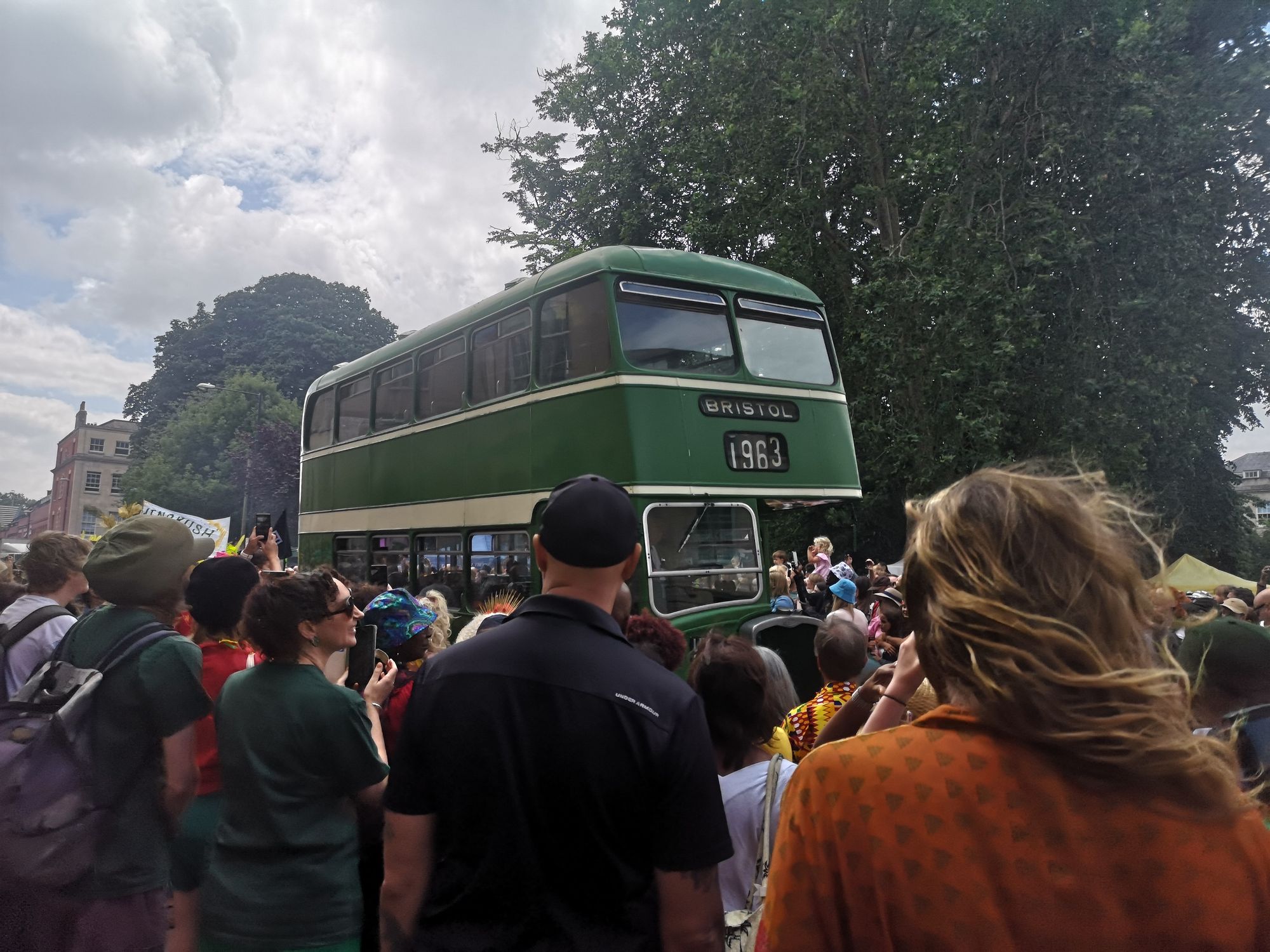
The commemoration of the Bristol Bus Boycott and the Windrush served as powerful reminders of the need to continue working towards social justice and equality for all.
At 3.30pm, there was a round of applause for community leaders of past years such as Roy Hackett who fought tirelessly for racial equality. The tribute was led by the musician and Dragons' Den sensation, Levi Roots who serves as the current Chairman of St.Paul’s Carnival.
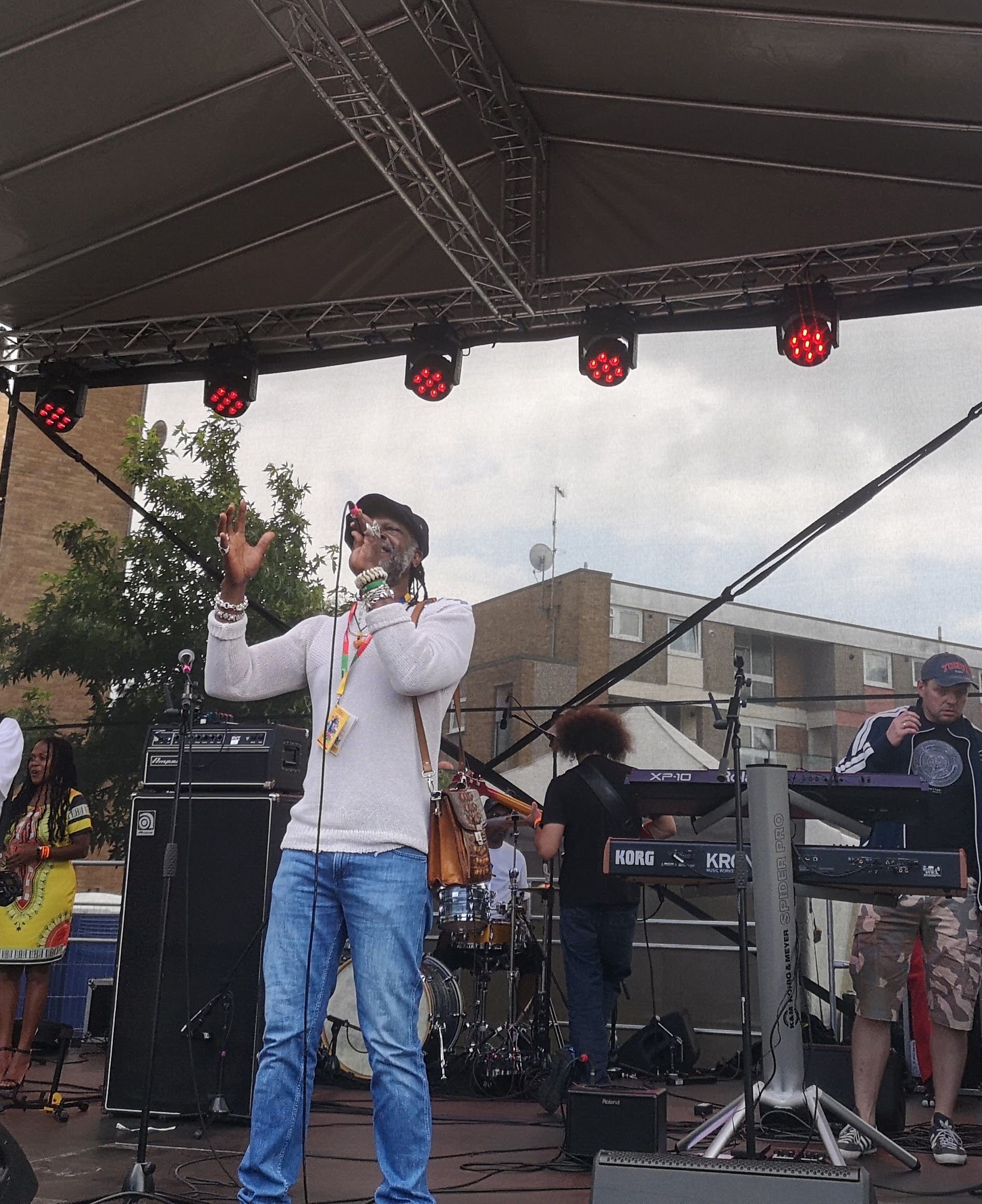
Bristol Bus Boycott in 1963 is considered one of the most important events in British race relations. It led to the breaking of the ‘colour bar’ in employment recruitment in the UK. The chain of events triggered by the Bristol Bus Boycott led to the 1965 Race Relations Act which made 'racial discrimination unlawful in public places'. Further, the 1968 Race Relations Act made the racial housing and employment practices illegal.
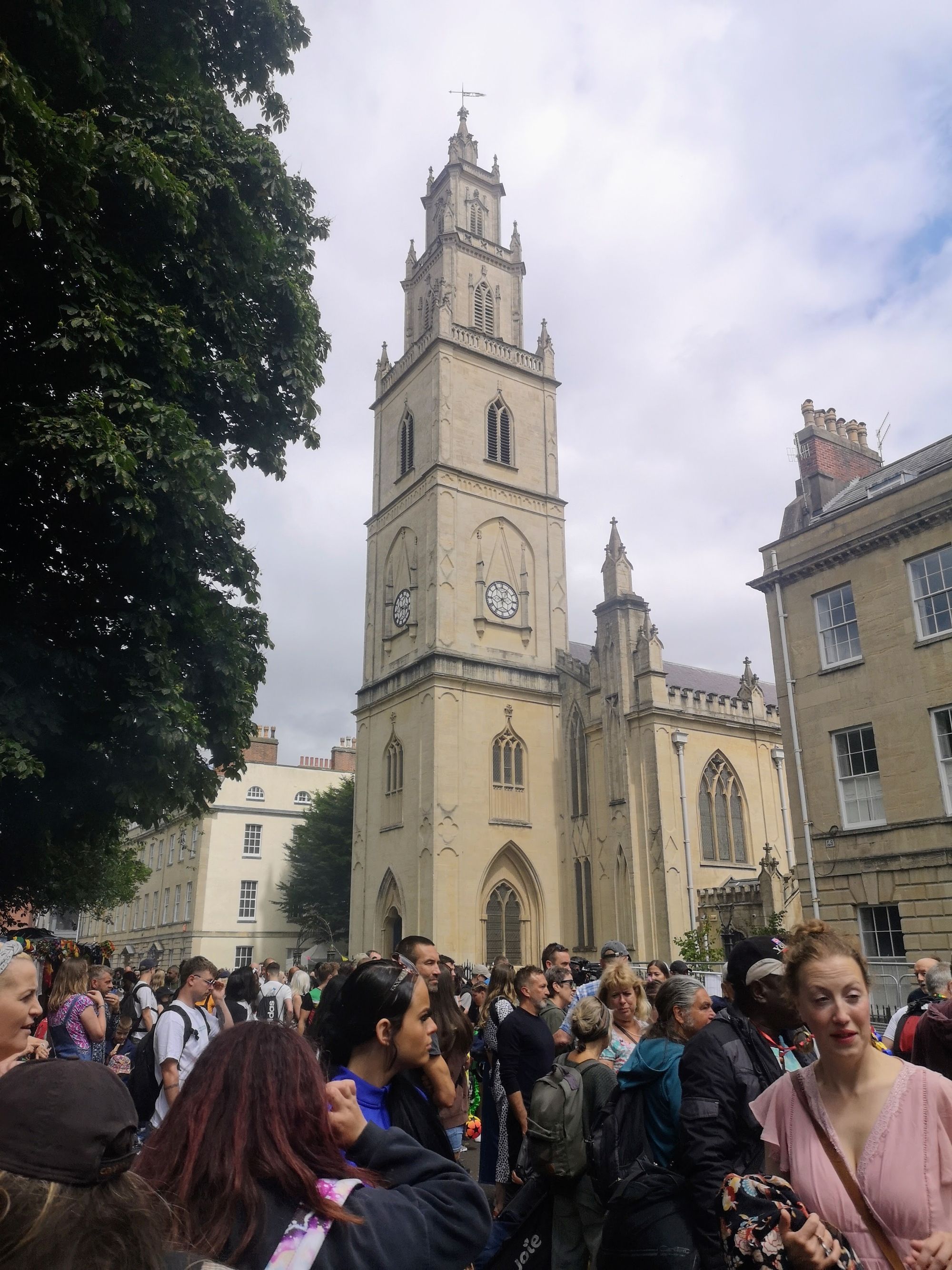
Roy Hackett who was an early founder of St.Paul’s Carnival passed away at the age of 93 in August 2022. He was posthumously bestowed Freedom of the City by the Bristol City Council for his role in Bristol Bus Boycott.
This year’s carnival also marked the 75th anniversary of the arrival of the MV Empire Windrush at Tilbury Docks. Addressing the large crowds gathered before the Roy Hackett Memorial Stage, the carnival Chairman, Levi Roots, explained the necessity of a Windrush Museum to preserve the legacy of the Windrush generation.
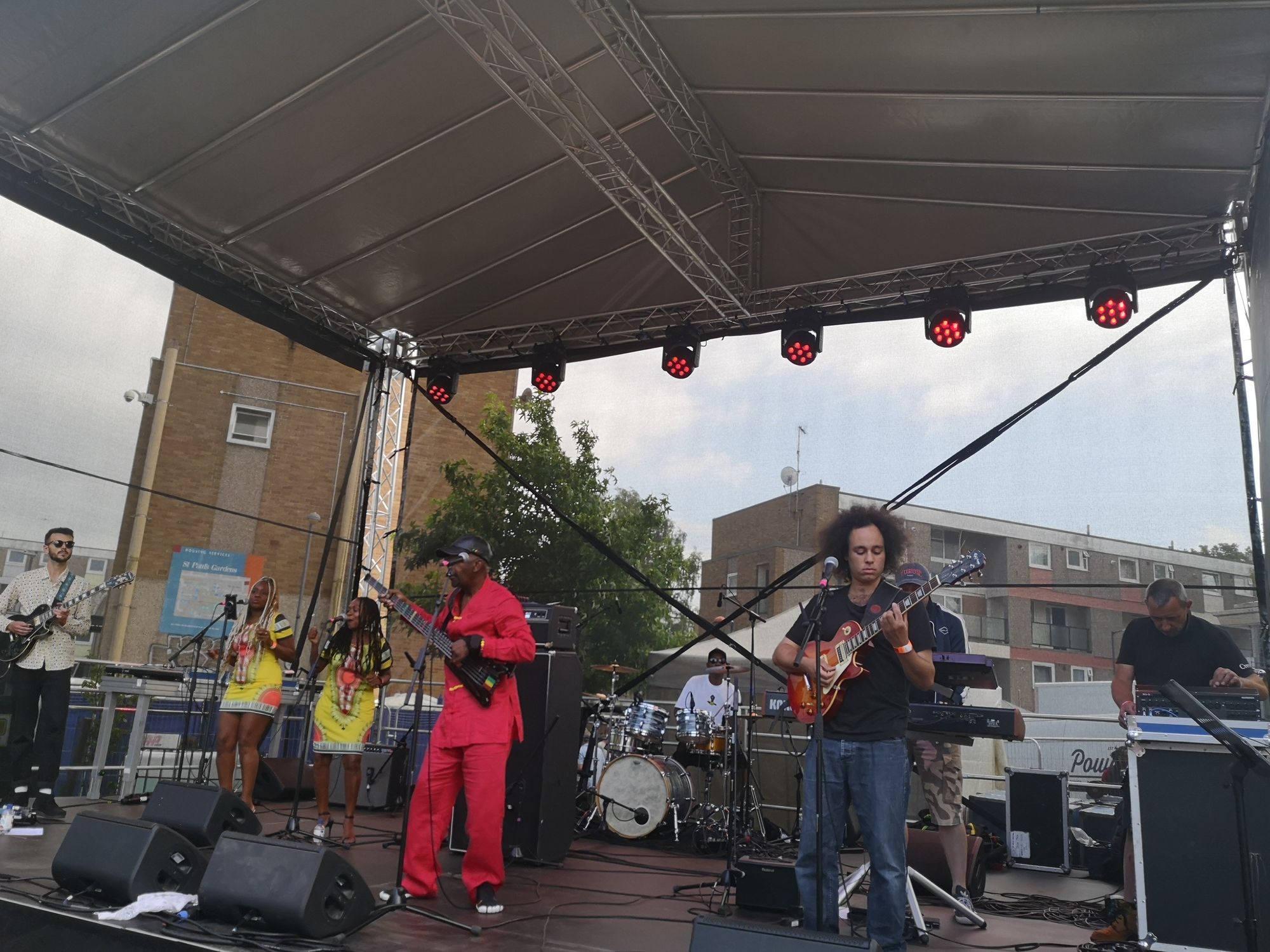
The brief addresses were followed by live music which featured renowned acts such as Talisman, 2Kings, Laid Blak and Moyah.
Speaking exclusively to Epigram were some of the organisers behind the operations of St. Paul’s Carnival: the Non-Executive Directors, Lucio Mesquita and Veronica Morin and the Treasurer and Executive Director, Aylwin Yafele.

Lucio Mesquita, the former Head of Region and Local Programmes at BBC West elaborated on the importance of St.Paul’s Carnival and how it has become a poster for Bristol:
'St. Paul’s Carnival is most definitely a poster for Bristol. It’s not like dance now and forget about everything. It’s about the whole package: the struggle, the story, the history and the celebration. It remained true to its origins, unlike some other festivals. There’s a continuity.’
When we asked what he wished the attendees to take away from the festival the veteran broadcaster said:
‘First and foremost we want people to enjoy this great celebration but more importantly, this is a clear example of how communities can get together and how they can co-exist, although there is a long way to go in terms of equity and inclusion.’
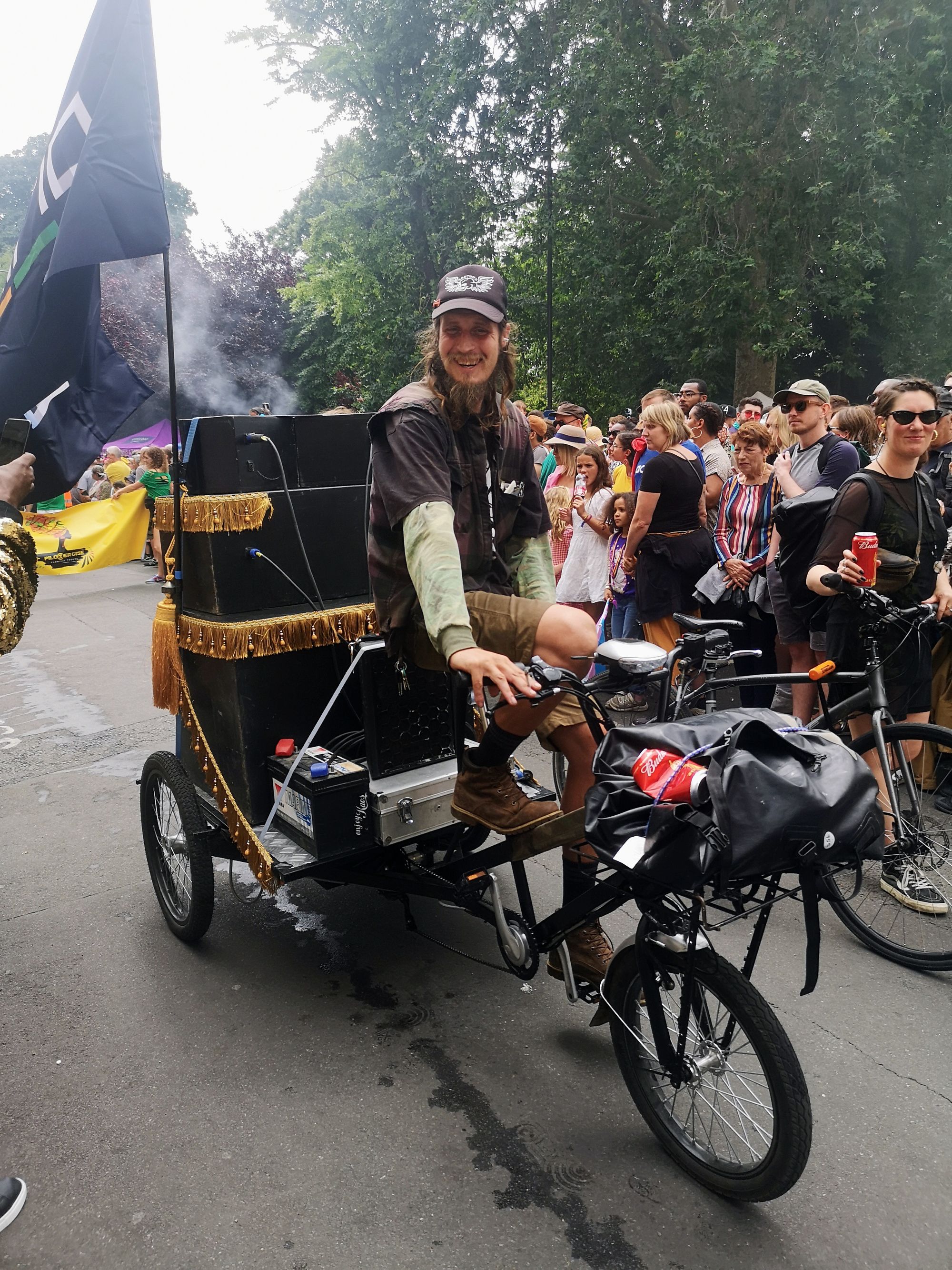
As Bristol looks forward to the future, the lessons learned from the community elders will undoubtedly continue to inspire and shape the city, ensuring that the spirit of unity synonymous with St. Paul’s Carnival will continue to be a guiding force.
Did you attend St. Paul's Carnival this year?



